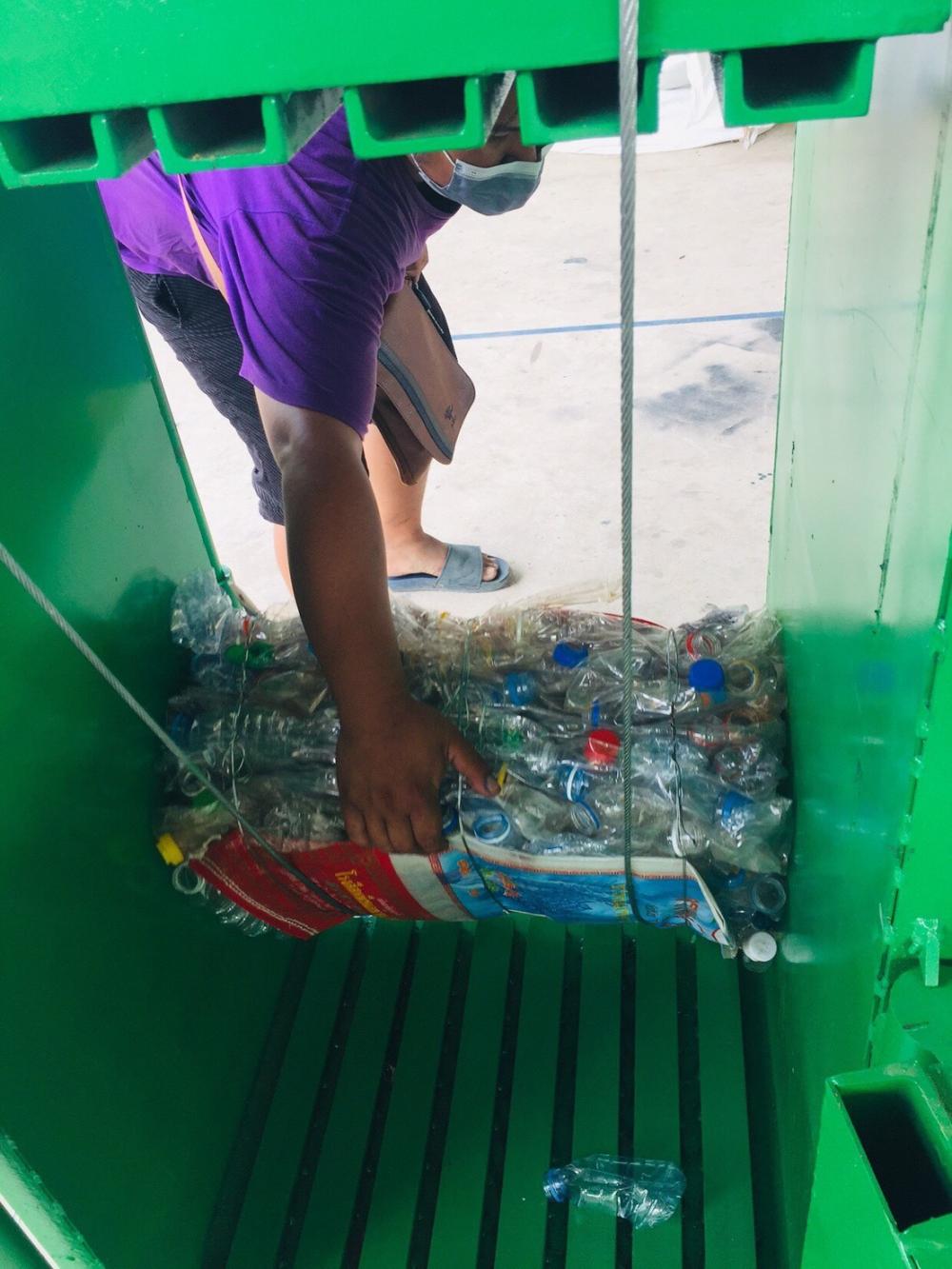The Federation of Thai Industries (FTI) is preparing to help reduce plastic waste under a new public-private collaboration that sees 68 municipalities countrywide serve as a model for sustainable plastic management.
Knowledge of garbage management in Rayong, including sorting used plastic for recycling, under the "Rayong Less-Waste" project will be shared with officials and communities in these municipalities, said the federation.
"The cooperation aims to support the government's plastic waste management roadmap, which set a target to recycle 100% of plastic waste," said Rayong governor Channa Iamsaeng.
"It is expected to increase the amount of recycled plastic by more than 1,000 tonnes a year."
The FTI, Rayong province, the Public-Private Partnership for Sustainable Plastic and Waste Management (PPP Plastic), and the Alliance to End Plastic Waste recently signed a memorandum of understanding to kick-start the cooperation.
They joined hands to promote better management of plastic waste, in line with the government's bio-, circular and green economic development, often known as BCG.
BCG encourages businesses to make wise use of resources in their operations with little or no impact on the environment.
"This cooperation will also increase the competitiveness of Thai industries, following the direction of economic and technological development," said Viraj Klewpatinond, chairman of the FTI's Plastic Industry Club.
Mr Channa said the 68 municipalities will learn from Rayong how to reduce waste, improve the quality of used plastic as well as help create new careers for people.
Waste management in Rayong is done on a community level and is based on the circular economy concept, he said.
The circular economy promotes an upcycling process to add value to unwanted materials, making them usable again.
The cooperation is expected to follow the success of the Rayong Less-Waste project, which was funded by the Alliance to End Plastic Waste, a global organisation formed by companies in the plastic industry to jointly solve plastic waste problems.
The project, which was carried out between 2019 and 2020, led to the amount of clean plastic that can be recycled exceeding 700 tonnes.
Wijarn Simachaya, chairman of PPP Plastic, said the group wants to help the government reduce plastic waste in the ocean by at least 50% by 2027 under the Roadmap of Plastic Waste Management, implemented between 2018 and 2030.
Source: Bangkok Post
September 27, 2021













